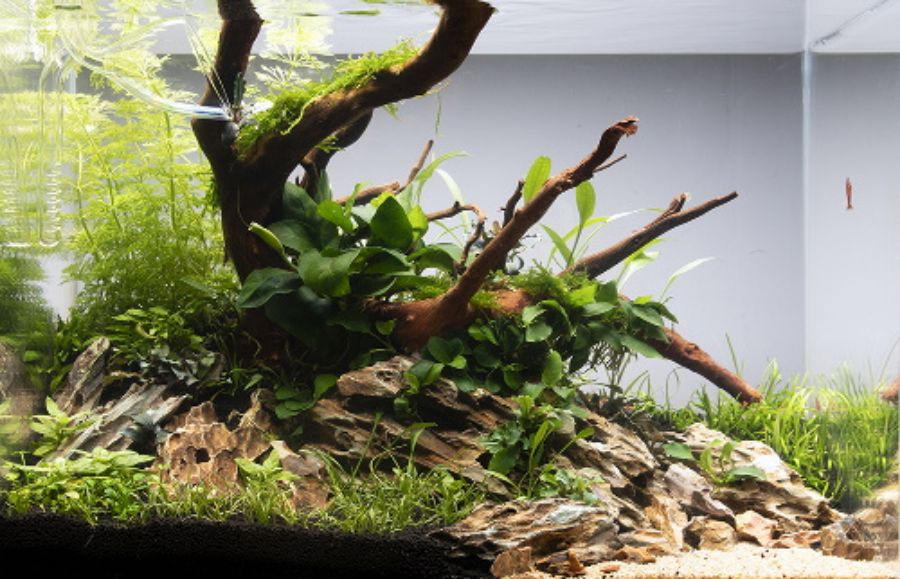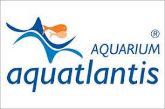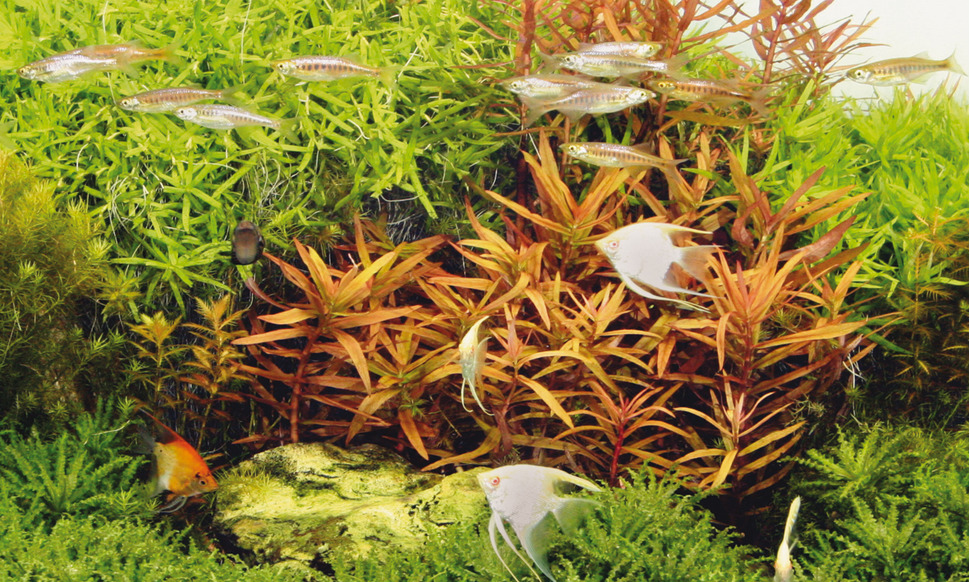
Posted by Matthias Wiesensee M.Sc. Wirtschaftsinformatik www.jbl.de/en/blog/detail/158/benefits-of-aquatic-plants-for-the-biosystem?country=us
Especially when new to the hobby, a lot of aquarium owners ask: Do I need real aquatic plants or is it enough to use plastic plants which can be easily cleaned?
Please allow me to make a personal comment: The aquarium is a biosystem with numerous microorganisms and living beings. Oxygen is the source of all life. Plants produce oxygen and consume the resulting waste materials to grow. But that’s not all. Aquatic plants detoxify the water, by absorbing, as one example, ammonium directly from the water and they also take the other by-products of nitrogen metabolism (along with ammonium and nitrate) as their nutritional base.
Vigorous plants are characterized by sinking nitrate levels, even when you feed your fish stock. When the nitrate contents continually increase, this is a clear indication that the aquarium is overstocked. The food pyramid doesn’t function anymore. As a rule of thumb you can say that the plant biomass needs to be about tenfold to the fish biomass. While you can weigh the plants on a kitchen scale, this is difficult with small fish. To give you some idea a middle-sized red neon tetra weighs about 1.5 g, a grown up female platy weighs about 3.4 g.
Another benefit of aquatic plants is the reduction of germs in the water, even if this field is still new territory in the research of the aquatic plant characteristics. At least there is evidence that some plants add substances to the water which inhibit or at least affect the growth of microorganisms. Almost every aquarium owner who has had to cope with different aquarium types has experienced this. In vigorous plant aquariums fish fall sick less often than in aquariums with high fish stock and few or no plants. But as I said above, this is still scientifically uncharted territory. First evidence to confirm these observations, however, is available.
Should we become aware of scientifically sound primary information in the next years we will focus on this subject for you in the blog. But even without further proof this information should give you some food for thought while deciding on the right course of action.




























































































